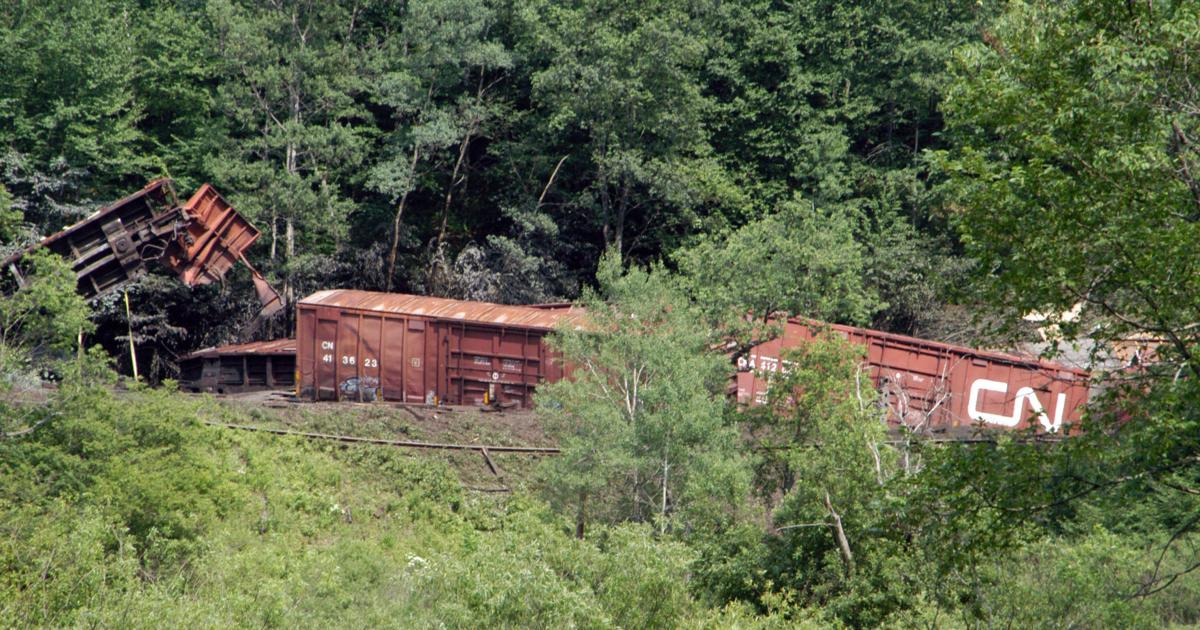I’m sure many will be familiar with the stretch of southeast Louisiana along the Mississippi known as ‘cancer alley’. The corridor is lined with refineries and petrochemical plants - and incidentally, a good chunk of public hunting land. I’ve not spent much time on these tracts, but I was considering hitting them hard in my post-season scouting because they are really close drives for me. But, as someone passionate about venison and the quality of what I eat, I wonder if eating the animals that live in areas so close to these carcinogenic plants is a bad idea.
on the other hand, it’s air pollution that is cited as main driver for elevated cancer rates, which would presumably affect the local habitat to some extent… but is it necessarily more harmful than Ag fields doused in glyphosate ?
on the other hand, it’s air pollution that is cited as main driver for elevated cancer rates, which would presumably affect the local habitat to some extent… but is it necessarily more harmful than Ag fields doused in glyphosate ?
Last edited:



